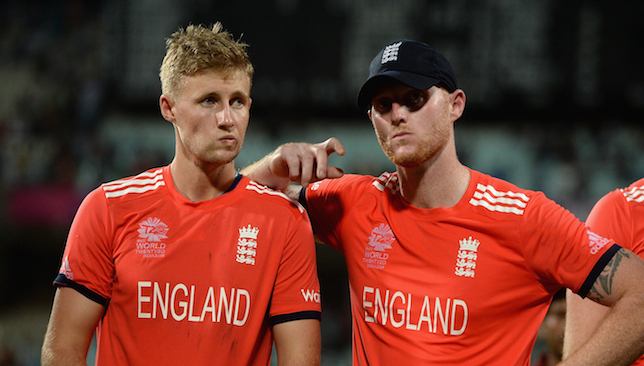
Every sport in the world pursues equality on the surface of play.
That is why you have half-time and also why you change sides across the courts so that no one has an edge. In tennis they practically yo-yo from one end to the other to make sure no advantage accrues.
Then you have cricket. The huge discrepancy in the playing conditions reduces the element of equality to a farce.
Without batting for either India or England in the recently concluded World T20 and congratulating the West Indies on a heck of a tournament and a deserving win, it is necessary to bring up the issue of the toss being so vital courtesy of the dew factor. These elements are taking the fairness out of the competition.
In the first semi-final, India’s bowling effort was described as sending down a wet ball of soap, so soft was the ball and so difficult to grip. The ability to score nearly 200 runs with ease as bowlers desperately searched for purchase made batting second a romp in Mumbai that evening.
It did not matter who bowled, there was just no grasp. By the same token the dew also kicked in at Eden Gardens in the final and while Carlos Brathwaite slogged the first four balls of the final over from Ben Stokes for sixes, and good on him, it has to be asked if the dew on the ball and the dead pitch made it that much easier.
The odds of knocking off 24 runs in the last over of a World final with two balls to spare are about the same as those of winning a lottery and underscore how difficult it must have been to grip the ball.
It doesn’t matter how much you try to dry it, the seam is made of cloth and is sopping wet.
These are just two high profile matches set as examples and not indicators of sour grapes. For years now dew and the split between day and night has been central to the assessment made by several commentators and experts.
In fact because of it the toss – which should really be a bit of a formality – becomes a formidable hurdle. But it is now accepted that up to 80 per cent of a game played in a venue like Dharmshala is yours, if you win the toss. The side bowling second is put to the sword.
On this canvas, the ICC is contemplating day and night test matches which, if allowed under these unbalanced conditions will make a mockery of the game. No wonder people like Kevin Pietersen are against it, unless the new format is framed with new inputs.
This is serious stuff. Either the ICC has to grasp the nettle and play a day game for T20s and one-dayers or a match that starts after the dew begins to fall and play on through the night.
Previously, dew has been regarded as a sort of spoilsport and was cheerfully added to the cache of the glorious uncertainties in cricket. It is far more insidious and has now ‘graduated’ to being a kidnapper holding cricket at ransom.
The sight of cleaning crews scurrying about with soggy ropes drying the outfield is tiresomely common. If this unfairness is tolerated any further the fans are going to start losing interest and already there is this ‘lost the toss, lost the game’ sentiment starting to manifest itself.
Dew doesn’t affect just the ball. It flattens the pitch by preventing any second innings crumbling. It eliminates spin because it slips out of the hand. Fast bowlers lose out on swing, fielders discover easy catches slithering away and the captain has no clue how to set his field against an errant ball.
The fielders keep drying the ball after every delivery which, ironically, ends up with captains being fined for wasting time.
Keep ignoring the uneven playing field created by dew and you might find the clicking of the turnstiles dying away. You cannot play a game dependent on the toss. Heads or tails we all lose.